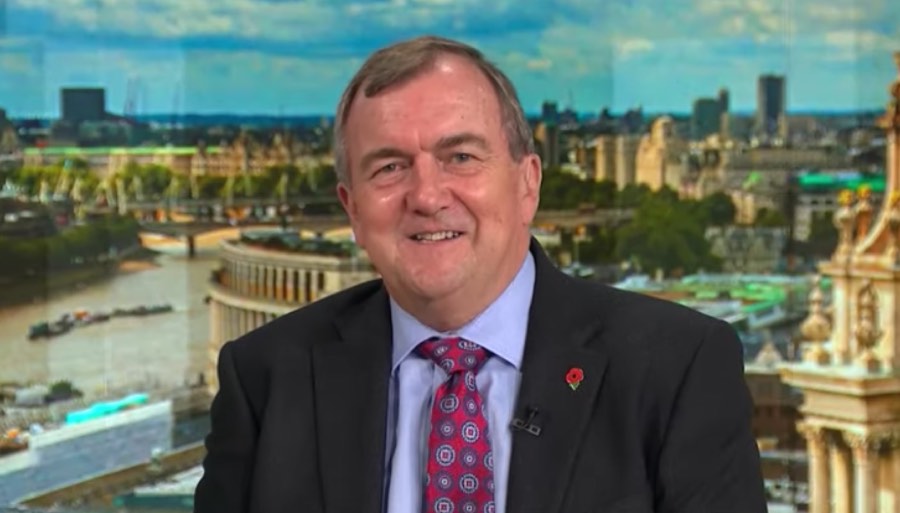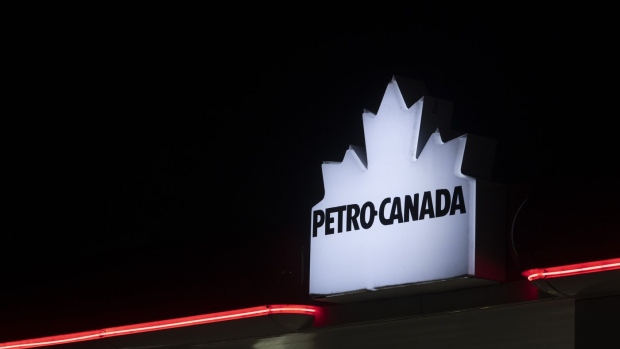Tayla Oates May 4, 2023
Rio Tinto has unveiled a new piece of jewellery featuring one of the last pink diamonds to be mined from the Argyle mine in Western Australia.
Exclusively designed by Western Australian jeweller Solid Gold Diamonds, the Argyle RoseTM features a total of 3.25 carats of rare Argyle pink and blue diamonds encrusted in a rose motif, surrounded by white diamonds and hand-set in platinum and 18K gold.
The heart of this unique jewellery piece is an extremely rare 1.36 carat, Fancy Deep Pink radiant cut diamond. It is just one of twelve radiant cut diamonds over one carat with a colour grading, 1P, from the last 30 years of production from Argyle.
The surrounding petaled design of pink and blue Argyle Diamonds™ totals 1.89 carats, together with 2.80 carats of white diamonds. The heirloom can be worn as a ring or statement pendant and is available for sale for AU$2 million.
Chief Executive of Rio Tinto Minerals, Sinead Kaufman, said, “I am delighted to launch the Argyle Rose. Encapsulating a rich history and an extraordinary provenance, it is both a contemporary treasure and an heirloom for tomorrow.
“These rare and precious diamonds are one and a half billion years old, from one of the most beautiful places on earth, and the world is simply not producing them anymore.”
Prior to its closure in November 2020, Argyle operated for more than 37 years and produced more than 865 million carats of rough diamonds.
The Argyle Rose has been created as part of the Argyle Pink Diamonds Icon Partner™ programme, which seeks to preserve the provenance and integrity of Argyle Pink Diamonds since the mine completed production.
Led by international jewellers renowned for their unique and captivating vision, the programme honours the world’s most valuable diamonds through world-class craftsmanship and evocative design. Each creation represents the ultimate in rarity and collectability.
Executive Chairman of Solid Gold Diamonds, Peter Greene, said, “As a pioneer custodian of Argyle pink diamonds, it was incredibly humbling to be asked to design a true generational heirloom for the Argyle Pink Diamonds Icon program.
“Solid Gold Diamonds has built a strong partnership with Argyle Pink Diamonds over the past three decades. During this time, we have had the privilege of transforming these precious pink diamonds into coveted jewellery pieces. The Argyle Rose design signifies the pinnacle of our long-standing relationship.”
The Argyle Rose will be available for sale through Solid Gold Diamonds, located in Perth




